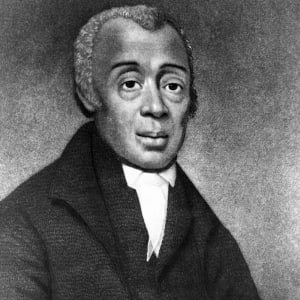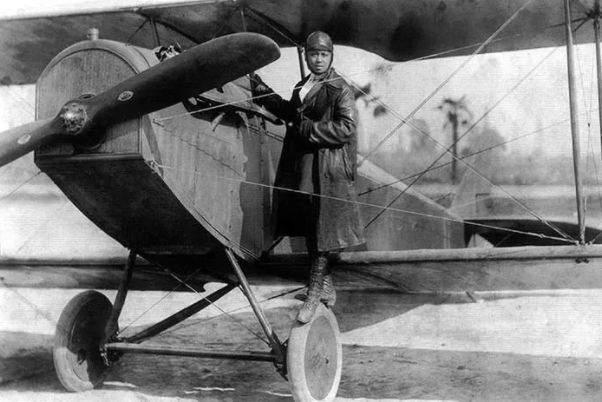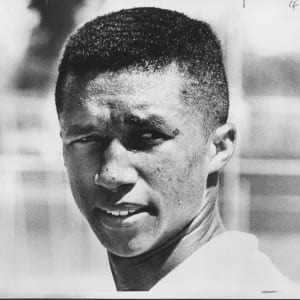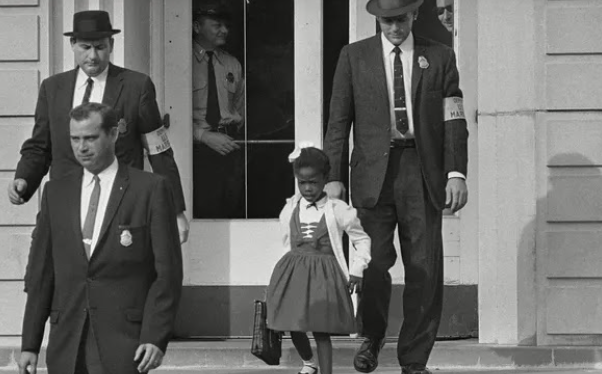Black History is celebrated every February, and here’s some influential examples supporting the tradition.
Richard Allen 1760-1831

Richard Allen was born into slavery, but was later freed. Then he made his way to Philadelphia. There, he took the approach to attend church and exercise his beliefs. However, the church he attended had restrictions on where black people could sit. He decided to leave that church and create his own church, where a blacksmith shop used to be, and in doing so this church became the first African-American church in the United States. It was a church without judgment, restrictions, or labeling. It was a new place for a new beginning to express and praise.
Bessie Coleman 1892-1926

Bessie Coleman was the first black woman to fly an airplane, and was known as a civil aviator. She tried joining flying school, but was told she couldn’t because of her skin tone. She found ways to overcome that, but it took a lot of studying and applying as she taught herself a whole new language. She learned French and moved to France to earn a pilot’s license, and she did so in about 7 months from the Caudron Brother’s School. During this time, World War 1 was a focal point, which inspired her to pursue a flying career that involved stunt flying and incredible tricks in the air.
Arthur Ashe 1943-1993

Arthur Ashe was an incredible tennis player, and the first black player selected to the U.S. Davis Cup Team. He was the only black man to ever win the singles title at Wimbledon (Tennis Championship), the U.S. open, and the Australian open. Later on in his career, Ashe was coaching a tennis clinic in New York when he suddenly had a heart attack. His history of heart problems led to a lot of surgeries where they had to use blood transfusions to operate and from that he later was diagnosed with HIV, because of the blood transfusions. After contracting the illness, he decided to embrace it by creating the Arthur Ashe Founfdation for the defeat of AIDS to raise awarness of the disease and teach about safe sex education. When Ashe passed away, President Clinton awarded him the Presidential Medal of Freedom.
Ruby Bridges 1954-present

Ruby Bridges was a 6-year old little girl who had attended an all-white elementary school in Louisiana called William Frantz Elementary. She was the first African-American student to attend a school of all white people, including students and staff members. She went to school every day of that year, even though there were days of being all alone or neglected she made the best of this situation. Later on in life, she established the Ruby Bridges Foundation to create change throughout education and shine a light on equal opportunity for every culture or race to succeed in this aspect. In the year 2000, she was given the position of an honorary deputy marshal in a ceremony in Washington DC. This position is given to someone who has been representing the community continuously by acting and improving to make a good change in this world.
